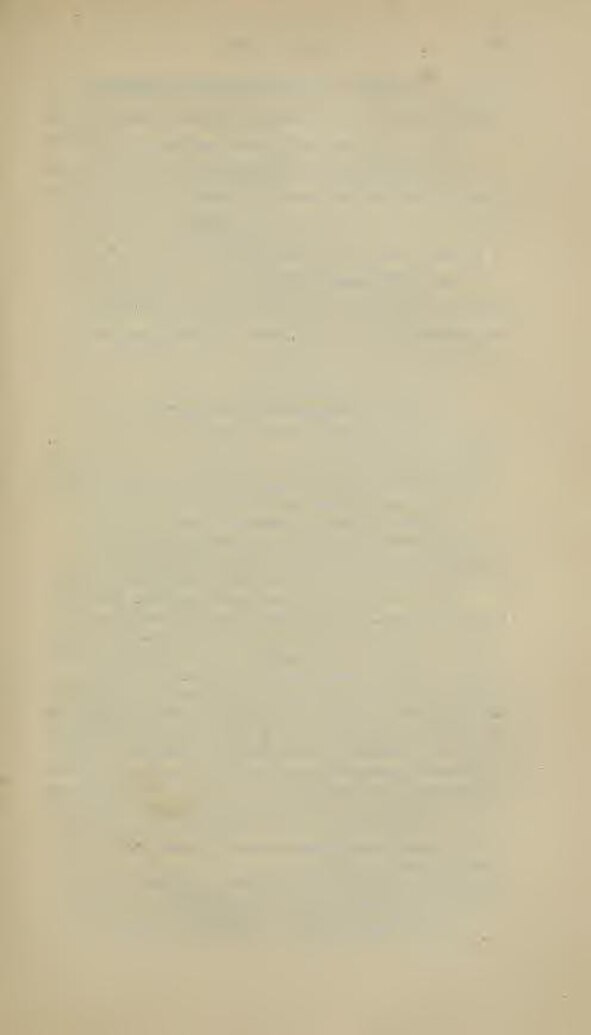THE BARD
45
Give ample room, and verge enough[N 1]
The characters of hell to trace.
Mark the year, and mark the night,
When Severn shall re-echo with affright
The shrieks of death,[N 2] thro' Berkley's roof that ring,
Shrieks of an agonizing king![N 3] 56
She-wolf of France,[N 4] with unrelenting fangs,
That tear'st the bowels of thy mangled mate,
From thee be born, who o'er thy country hangs[N 5]
The scourge of heav'n. What terrors round him wait![N 6]
The characters of hell to trace.
Mark the year, and mark the night,
When Severn shall re-echo with affright
The shrieks of death,[N 2] thro' Berkley's roof that ring,
Shrieks of an agonizing king![N 3] 56
She-wolf of France,[N 4] with unrelenting fangs,
That tear'st the bowels of thy mangled mate,
From thee be born, who o'er thy country hangs[N 5]
The scourge of heav'n. What terrors round him wait![N 6]
Notes
- ↑ V. 51. "I have a soul that like an ample shield
Can take in all, and verge enough for more."
Dryden. Sebastian, act i. sc. 1. - ↑ V. 55. Edward the Second, cruelly butchered in Berkley Castle. Gray. See Drayton. Barons' Wars, v. lxvii."Berkley, whose fair seat hath been famous long,
Let thy sad echoes shriek a deadly sound
To the vast air; complain his grievous wrong,
And keep the blood that issued from his wound." - ↑ V. 56. This line of Gray is almost in the same words as Hume's description, vol. ii. p. 359: "The screams with which the agonizing king filled the castle."
- ↑ V. 57. Isabel of France, Edward the Second's adulterous queen. Gray.
This expression is from Shakespeare's Hen. VI. pt. III. act i. sc. 4: "She-wolf of France, but worse than wolves of France." Latin writers have used the same language. Apuleius, speaking of the sisters of Psyche: "Perfidæ lupulæ nefarias insidiascomparant." And Ausonius, ed. Tollii, p. 23: "Et mater est vere lupa." Plutarch in Vita Romuli, c. iv. p. 84. ed. Reiske. ΛΟΎΠΑΣ γὰρ ἐκάλουν Όι ΑΑΤΙΝΟΙ τῶν τε θηρίων τὰς λυκαίνας, καὶ τῶν γυναικῶν τὰς ἐταιρούσας, &c. - ↑ V. 59. "This evening from the sun's decline arriv'd,
Who tells of some infernal spirit seen."
P. L. iv. 792. Rogers. - ↑ V. 60. Triumphs of Edward the Third in France. Gray
